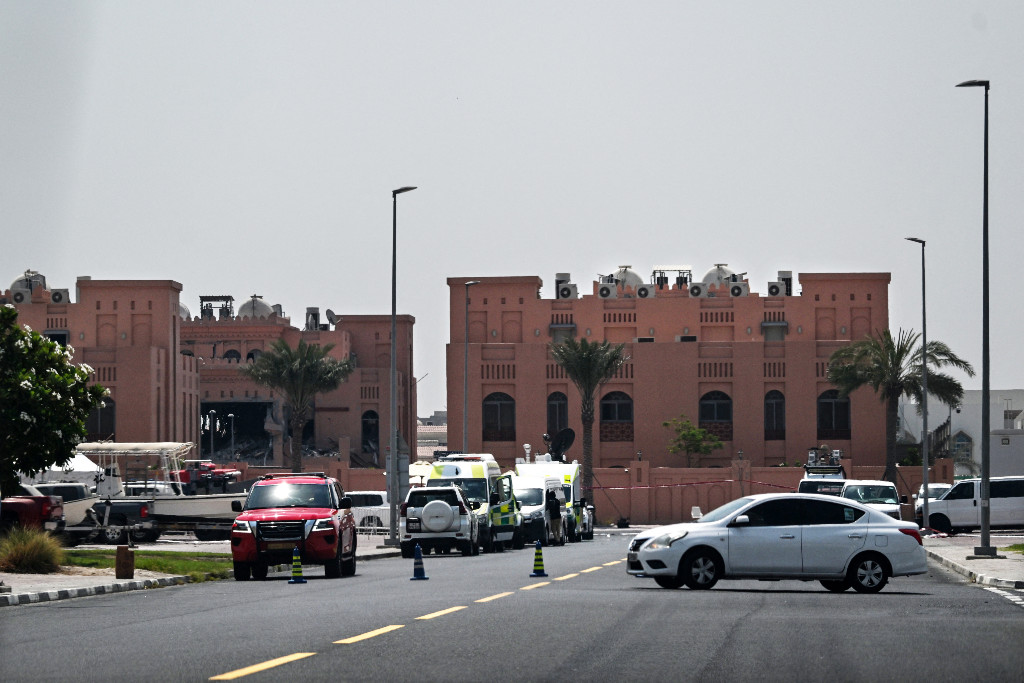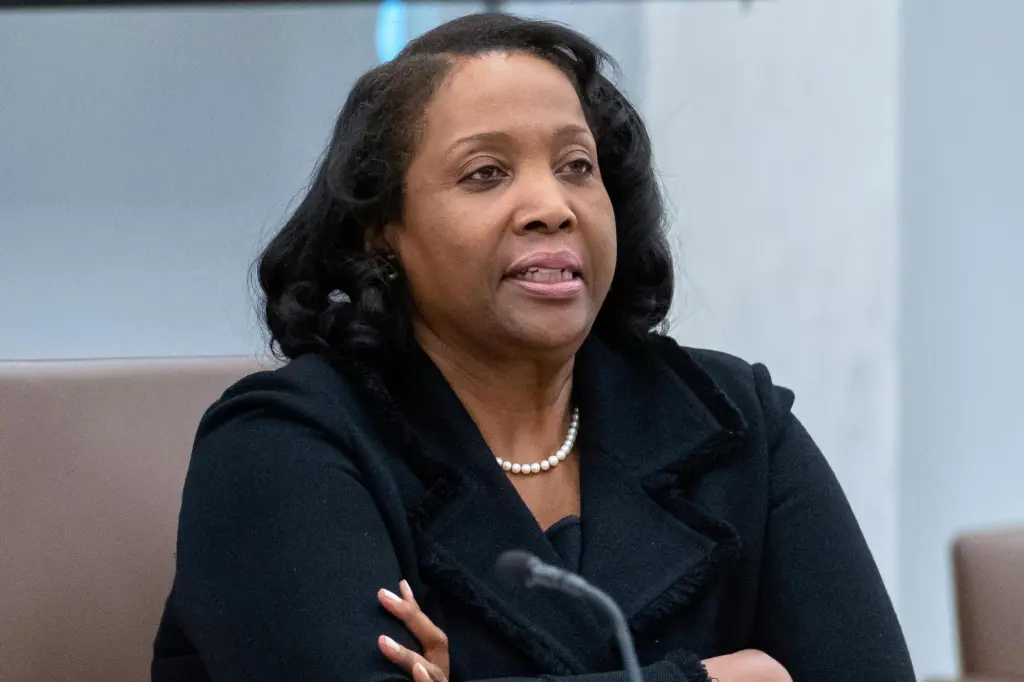
Israel’s Sept. 9 strikes on Hamas leaders in Qatar provoked rare international criticism—not only for the attack itself, but for the way it was carried out. The strike blindsided both Washington and Doha, arriving with little warning, killing six, and drawing unusually sharp criticism from U.S. President Donald Trump. Within days, the Gulf Cooperation Council (GCC) and the Arab League condemned the attack, followed days later by a unified rebuke at the UN Security Council. On Sept. 15, Qatar convened an emergency summit of Arab and Islamic heads of state, condemining “Israel’s continued aggressive practices, including crimes of genocide, ethnic cleansing, starvation and siege, as well as settlement activities and expansionist policies.”
Israeli leaders have defended the Doha operation as necessary to target Hamas operatives abroad and to preserve deterrence after the October 7th attacks. Qatar and other regional Arab states view them as an act of aggression, a violation of sovereignty, and a threat to collective GCC security. A key question is how this episode may shape the United States’ relationship with both Israel and Qatar moving forward.
A Last Minute Warning
A central issue with the Doha strikes is that Israel attacked a U.S. partner without meaningful consultation or adequate notice in a manner which seems designed to limit U.S. intervention.
Strike notifications are often used as indirect signals of intent. By providing prior notice of a strike, states can demonstrate resolve while lowering the risk of escalation. Sometimes this signaling is public, as when Trump openly threatened Iran’s nuclear sites as a limited strike. Other times it occurs through quiet backchannels, such as when Iran warned Washington before striking Al-Udeid. In both cases, the aim is partly theatrical: to show force without escalating to open conflict.
Strike notifications also serve a practical purpose. They give regional actors time to prepare, and they help manage retaliation risks. When partners are involved, notifications can appear as coordination—even if limited in practice. In higher-risk or more sensitive cases, formal mechanisms—such as the U.S.–Russia deconfliction channel in Syria—are established so even rivals can avoid accidental clashes and reduce risk.
Israel departed from this practice. Israel’s strikes on Hamas in Doha were reportedly carried out via ballistic missiles fired into space to avoid violating Saudi Arabian airspace and limit potential fallout with other Arab states. According to U.S. officials, Israel notified Washington of the strikes only minutes before rockets hit a Hamas compound, providing no details about location or operational scope. One U.S. official noted, the notification happened so close to the launching of missiles so that “there was no way to reverse or halt the order.” This “technical notification” came too late to warn Qatar or other regional actors. Trump, who condemned the strike afterward on social media, reportedly directed Special Envoy Steve Witkoff to inform Doha, but by then the attack was already underway. Qatari officials later acknowledged receiving a U.S. message—at the very moment Israeli rockets struck.
The episode shows Israeli leaders acted with full awareness that the strike would create friction with Washington, yet proceeded without genuine coordination. By offering only a last-minute notice, Israel effectively limited U.S. ability to intervene, pause, or mitigate fallout. This breach of norms was particularly striking given Doha’s dual role as a critical U.S. and NATO defense partner and as mediator in Gaza ceasefire negotiations. In response, the Trump administration joined the UN Security Council in a rare unified rebuke of Israel.
Arab Response
The strike on Qatar reinforced the perception that Israel’s actions are destabilizing, rather than securing, the region. This is not a new pattern. Since former Syrian President Bashir al-Assad’s fall, the Trump administration has sought to work with Saudi Arabia and the GCC to revive Syria’s economy and stabilize its politics, including by lifting sanctions. Yet Israeli airstrikes on state infrastructure—including the Ministry of Defense Headquarters—and its continued occupation of southwest Syria have consistently undercut these efforts. The Doha strike adds to this frustration, intensifying regional arguments that Trump must place greater pressure on Israel and restrain its operations.
This casts a long shadow over U.S. efforts to expand the Abraham Accords. Arab states are far less inclined to pursue normalization if there are no clear boundaries on what Israel will or will not do when it feels threatened. Although the strike did not directly target Qataris, it killed a member of the Internal Security Force and hit Doha—a symbolic blow that, for many in the region, is more than enough to spark broad condemnation.
For Gulf states in particular, the implications are profound. Trump’s May visit to the United Arab Emirates, Qatar, and Saudi Arabia—where he secured over $1 trillion in investment commitments— had showcased a thriving relationship. But this episode may undo that momentum. For decades, the United States has served as the GCC’s de facto security guarantor, especially against Iran. American air defense systems have intercepted rockets aimed at Gulf and Israeli infrastructure and, by extension, reduced the burden on Israel’s Iron Dome and David’s Sling. When Iran targeted the U.S. base in Doha in June, U.S. missile defenses intercepted every rocket, causing no damage. Yet when Israel struck, no defenses were activated. That contrast speaks volumes. If the United States will defend Gulf partners from Iranian attacks but not Israeli ones, then there is a hierarchy in the relationship—and that will be a hard pill for the GCC to swallow.
A Crisis of Credibility
The backlash is already clear. Anger at Israel’s leadership has been steadily growing in Washington, including in Trump’s own camp, over its seeming inability to restrain a core U.S. partner. The strike undercut Trump himself. Just as he was publicly promoting a new ceasefire deal between Israel and Hamas to end the war in Gaza, Israel struck the Hamas compound in Doha—reportedly while the negotiation team was still deliberating on the proposal.
The incident also gives a growing cohort of Republicans like Rep. Marjorie Taylor Green (R-Georgia) fresh evidence to push for a dramatic rethink of the U.S.-Israel relationship. Their frustration is rooted not only in Israel’s conduct in Gaza and across the region, but also in skepticism that U.S. and Israeli leaders remain aligned on shared priorities.
From Israel’s perspective, the strike may have been a calculated decision to prevent Hamas from regrouping under the cover of diplomacy and to demonstrate that Hamas operatives cannot find sanctuary anywhere in the region. But the result undermined U.S. efforts and cast further doubt on Israeli leadership’s willingness to embrace political solutions to end the war in Gaza. And, for the Arab states caught in the middle, the perception is one of impunity—and of U.S. double standards.
Israel’s leadership is taking major risks across the region, but it is difficult to see how these strikes will make Israel—or the Middle East—safer in the long term. The more likely outcome is the opposite: heightened instability, growing Arab unity against Israel, and a chilling of the very normalization efforts Israel has sought. Rather than deepening the Abraham Accords, the Doha strike could push Arab states away from them and toward closer intra-GCC coordination.
For Washington, the credibility crisis is immediate. The Trump administration must set clear parameters with Israel’s leadership to ensure Israeli military operations do not undermine the scope of its commitments to other regional partners. This means setting diplomatic red lines and, when necessary, acting on them to protect U.S. interests in the region. Without such clarity, this episode will deepen GCC doubts about the reliability of the U.S. security umbrella and reinforce the view that Gulf states need to seek alternative defense partnerships.



